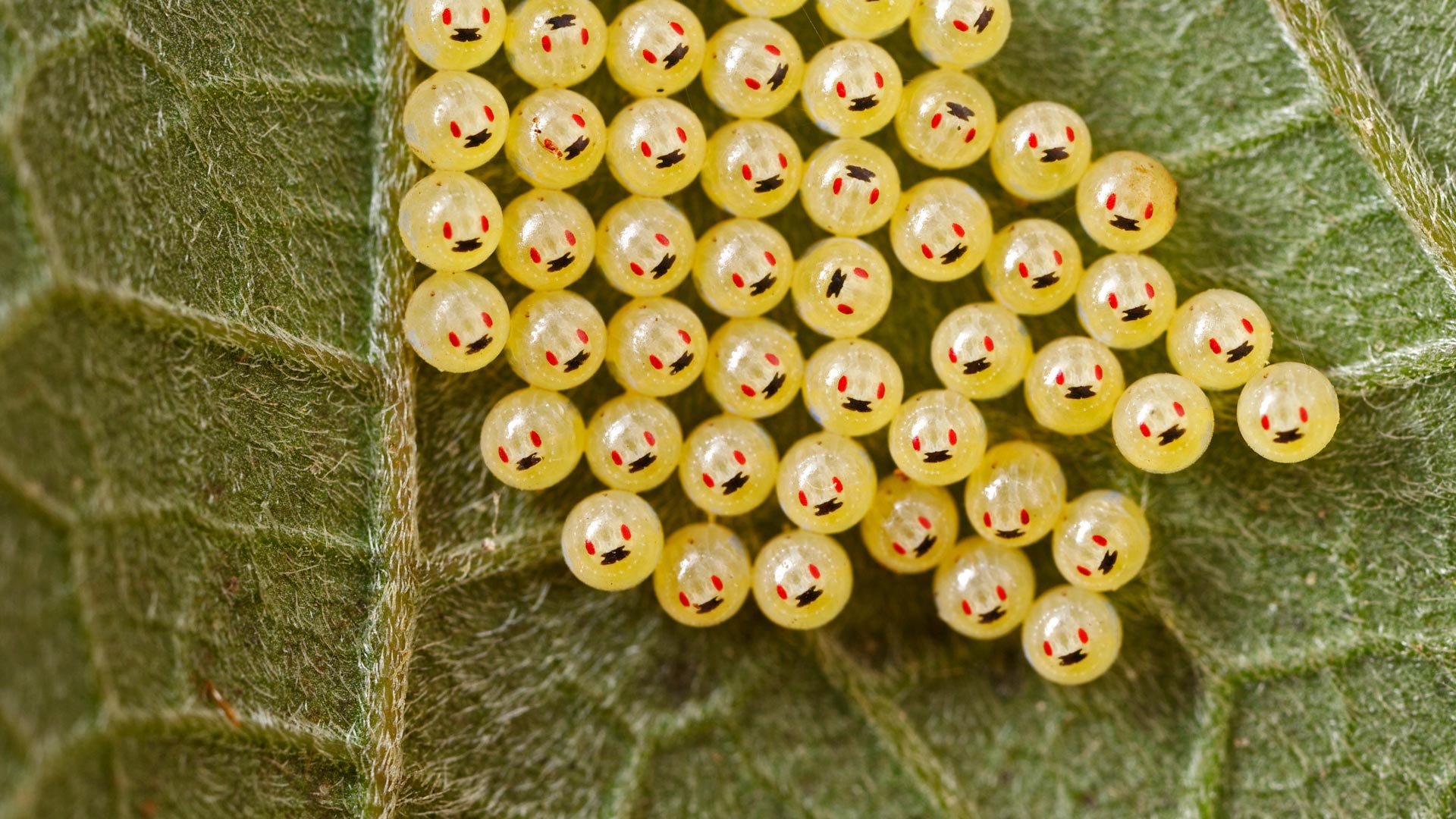Rwanda has taken a significant step in addressing healthcare waste management with the introduction of an innovative needle incinerator designed for safe home use. The device, known as the Safeneedle, provides a sustainable and environmentally friendly solution for the disposal of used medical needles, reducing the risk of needle-stick injuries and preventing the spread of infections.
Addressing Healthcare Waste Management
The improper disposal of medical waste, including used needles, poses serious health and safety risks to individuals and communities. In low-resource settings, where access to proper waste management facilities may be limited, the risk of needle-stick injuries and exposure to bloodborne pathogens is particularly high. The introduction of the Safeneedle in Rwanda aims to address these challenges by providing households with a safe and efficient means of disposing of used needles.
Environmentally Friendly Solution
The Safeneedle operates by using a small incinerator to safely burn and sterilize used needles, reducing the risk of accidental punctures and preventing the reuse of contaminated needles. The device is designed to operate at high temperatures, ensuring complete combustion and the elimination of infectious agents. Additionally, the Safeneedle is equipped with a built-in filter system to capture harmful emissions, making it an environmentally friendly solution for needle disposal.
Impact on Public Health
By promoting the safe disposal of used needles at the household level, the introduction of the Safeneedle in Rwanda has the potential to significantly reduce the risk of needle-stick injuries and the spread of bloodborne infections. This innovative waste management solution not only protects individuals and communities from potential harm but also contributes to overall public health and safety.
Commitment to Sustainable Development Goals
Rwanda’s initiative to introduce the Safeneedle aligns with the country’s commitment to achieving the United Nations Sustainable Development Goals, particularly in the areas of good health and well-being, sustainable cities and communities, and responsible consumption and production. By implementing innovative and sustainable solutions for healthcare waste management, Rwanda is taking proactive steps towards building a healthier and more environmentally conscious society.
Conclusion
The introduction of the Safeneedle needle incinerator in Rwanda represents a significant milestone in improving healthcare waste management and promoting public health. This innovative solution offers a safe and sustainable means of disposing of used medical needles at the household level, reducing the risk of needle-stick injuries and the spread of infections. By embracing innovative technologies and sustainable approaches, Rwanda is setting an example for other nations to follow in addressing the challenges of healthcare waste management.








